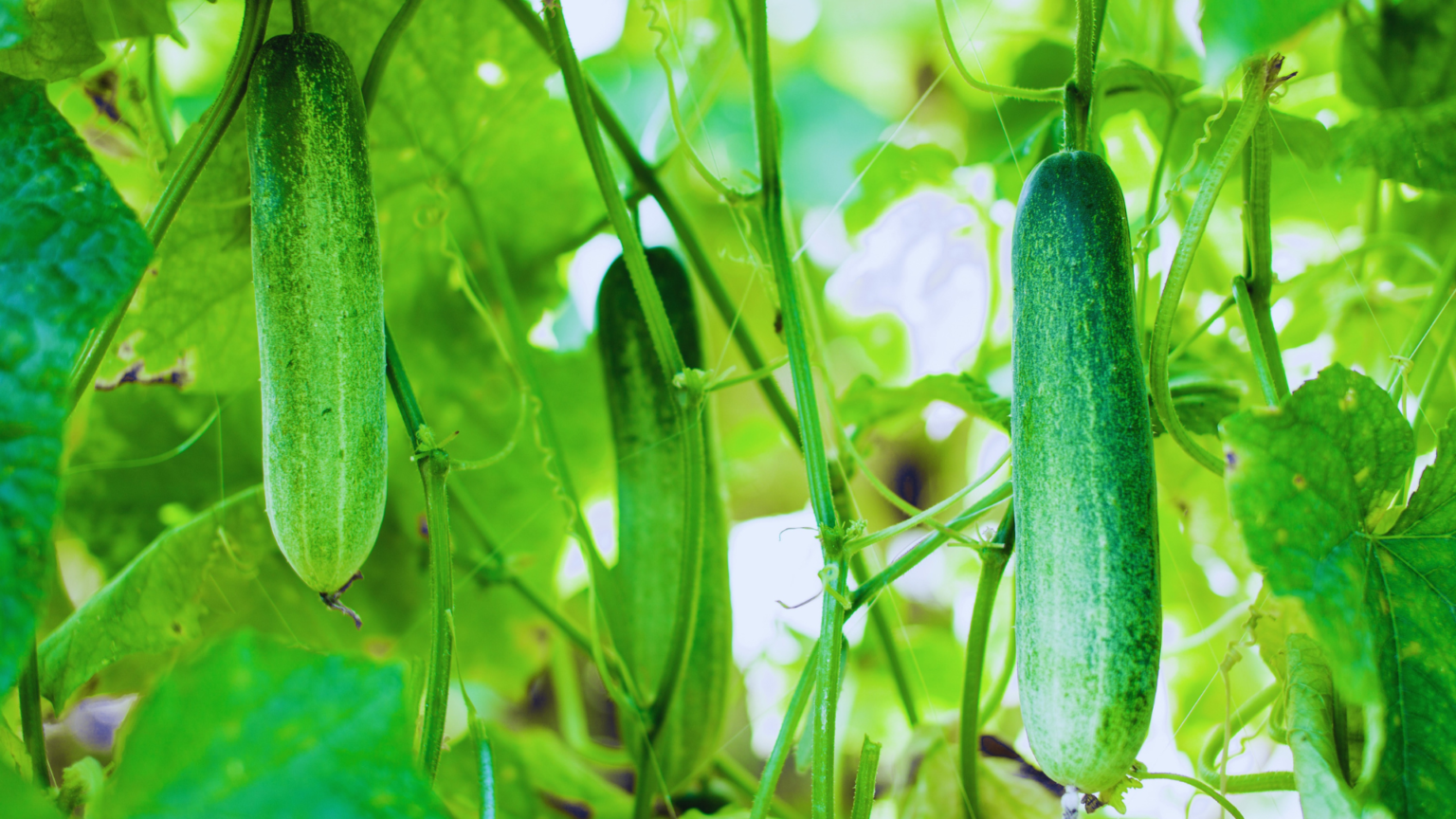Cucumbers are one of the most popular vegetables grown in home gardens. With their refreshing crunch and versatile uses, it’s no wonder why so many gardeners strive for a bountiful harvest of cucumbers each year. However, achieving optimal growth and abundant yields requires providing cucumbers with the right balance of nutrients. This brings us to the question – can horse manure serve as an effective fertilizer for cucumbers?
While unconventional, using horse manure offers some surprising benefits for cucumber cultivation. The key is understanding how to properly prepare and apply horse manure to maximize its advantages while avoiding potential pitfalls In this article, we’ll explore the pros and cons of using horse manure for cucumbers and provide a complete guide to harnessing its nutritional power
Why Choose Horse Manure for Cucumbers?
Horse manure contains a rich blend of essential nutrients that are vital for cucumber growth. These include:
-
Nitrogen – Critical for leaf and stem development. Horse manure has nitrogen levels 2-3 times higher than cow manure.
-
Phosphorus – Promotes root growth and flowering
-
Potassium – Supports overall plant vigor and health
-
Organic Matter – Improves soil texture and nutrient retention.
Additionally, horse manure can enhance moisture retention, aerate the soil, and stimulate beneficial microbial activity. Over time, regularly adding horse manure builds soil fertility and structure for stronger, healthier cucumber plants.
Compared to synthetic fertilizers, horse manure provides a natural slow-release source of nutrients. It’s sustainable, inexpensive, and available from local farms.
Potential Drawbacks to Consider
Using fresh or improperly composted horse manure does come with some risks:
-
May harbor weed seeds that can sprout in garden beds.
-
Can contain excessive nutrients that burn plants if overapplied.
-
Raw manure may have high ammonia levels toxic to plants.
-
Risk of introducing pathogens that cause diseases.
However, these pitfalls can be avoided by following a few key preparation steps before applying horse manure to cucumbers.
Preparing Horse Manure for Use in the Garden
Composting – Composting horse manure for 2-6 months kills pathogens and weed seeds while moderating nutrient levels. Turn compost pile weekly to speed decomposition.
Aged Manure – Aging horse manure for 6-12 months also makes it safer for garden use. Stockpile manure and allow it to break down over time.
Mix Thoroughly – Blend composted or aged manure into soil to dilute nutrients and avoid burning plants with concentrated patches.
Test Soil – Check soil nutrient levels through testing to determine proper horse manure application rates.
Use in Moderation – More isn’t always better with manure. Follow recommended application rates to prevent nutrient imbalances.
How to Apply Horse Manure for Cucumbers
Bed Preparation – Incorporate 2-4 inches of composted horse manure into cucumber beds 2-3 weeks before planting.
Side-Dress During Growth – Side-dress cucumber plants with 1 inch of aged horse manure diluted with equal parts soil every 2-3 weeks.
After Harvest – Replenish cucumber beds with 2-3 inches of composted horse manure after final fall harvest.
Water Thoroughly – Water beds thoroughly after each manure application to avoid burning plants.
Supplement Modestly – Pair horse manure with small amounts of organic fertilizer to round out the nutrient profile.
Mulch – Top dress beds with 2-3 inches of straw mulch to retain moisture and nutrients.
Ideal Application Rates
Proper application rates are key to preventing nutrient toxicity and deficiencies.
-
Heavy clay soils: 10-15 pounds of composted manure per 100 square feet
-
Sandy or loamy soils: 20-30 pounds of composted manure per 100 square feet
-
Light Side-dressing: 1 pound per plant every 2-3 weeks
Adjust rates based on soil test results and plant appearance. Less is more when starting out!
The Bottom Line on Horse Manure and Cucumbers
While unconventional, horse manure can be an excellent fertilizer source for cucumbers when used properly. Composting, aging, testing, and moderating application amounts are key to avoiding pitfalls. The nutritional boost coupled with long-term soil improvement makes horse manure a smart choice for any cucumber grower willing to put in the preparation work. Follow this complete guide to safely unlock the full potential of horse manure for your cucumber crop.
What vegetables don’t like manure?
Whilst some vegetables thrive off the extra nutrients and minerals, some don’t bode well to it. Manure burn can cause infant roots to die off before having the chance to sprout into their final form – both root and surface vegetables.
- Beetroot
- Potato
- Carrot
- Parsnip
- Radish
- Leafy greens (lettuce)
- Marrows (cucumber)
- Herbs
- Fruits (tomatoes and peppers)
Manure-grown vegetables can be dangerous for vegans, so they should know what the risks are before they eat them.
What should you not use manure on?
Animal manure generally speaking is beneficial for growing healthy plants. A lot of people in the UK think it’s one of the best organic fertilizers it possible to use. You can add manure to the topsoil to give your plants the nutrients they need to grow, but not all plants will do well with that extra layer of manure.
Unsure when to apply manure in your garden? Check out our definitive manure application guide for further reading.
Growing on a Budget Using Horse Manure
FAQ
Do cucumbers like manure?
What vegetables don’t like horse manure?
What is the best compost for cucumbers?
What is the best fertilizer for cucumbers?
- The Ultimate Guide to Growing Strawberries in Raised Beds - August 8, 2025
- No-Dig Garden Beds: The Easiest Way to Grow a Beautiful Garden - August 6, 2025
- How to Protect and Preserve Wood for Raised Garden Beds - August 6, 2025

